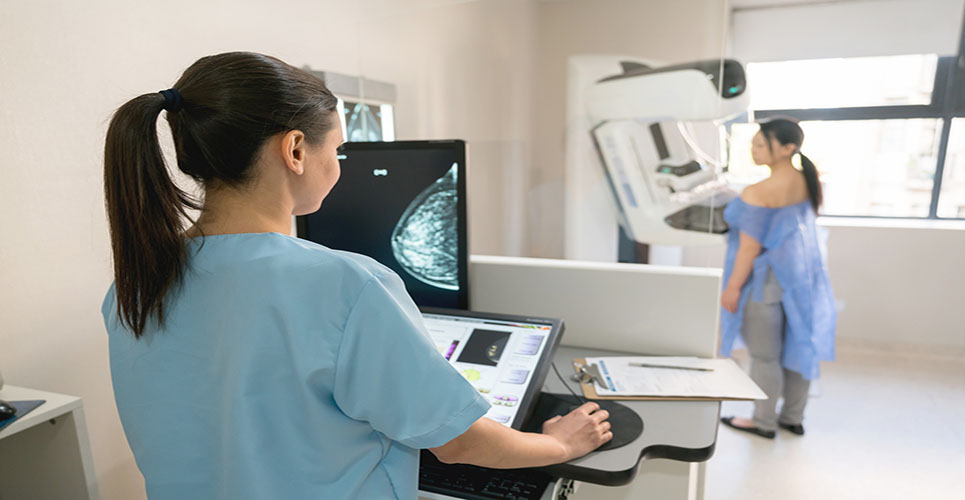teaser
The National Institute for Health and Clinical Excellence (NICE) has rejected a drug to treat advanced breast cancer, it has emerged.
Trial data did not show that bevacizumab (Avastin) could improve survival rates for patients, said NICE, while the cost of the drug was also deemed too high. It cost at least £118,000 per quality-adjusted life year (QALY), said the draft guidance. A QALY is an additional year of healthy living that a drug could provide to patients.
Bevacizumab and another drug, taxane, for patients whose breast cancer has also affected other parts of the body, has been rejected in the guidance, although this is subject to consultation.
Evidence from the manufacturer, Roche, was considered by NICE, but it “did not show bevacizumab to significantly improve or extend the lives of breast cancer patients”.
While, on average, bevacizumab could slow the growth and spread of the tumour for five-and-a-half months longer than standard therapy, this did not translate into improved overall survival rates, NICE said. The drug only extended patients’ lives by about an extra seven weeks.
Sir Andrew Dillon, NICE chief executive, said: “The clinical trial results for bevacizumab were disappointing in that they were unable to prove definitively that the drug could extend the lives of patients with metastatic breast cancer over and above currently available treatments.”
Copyright Press Association 2010
